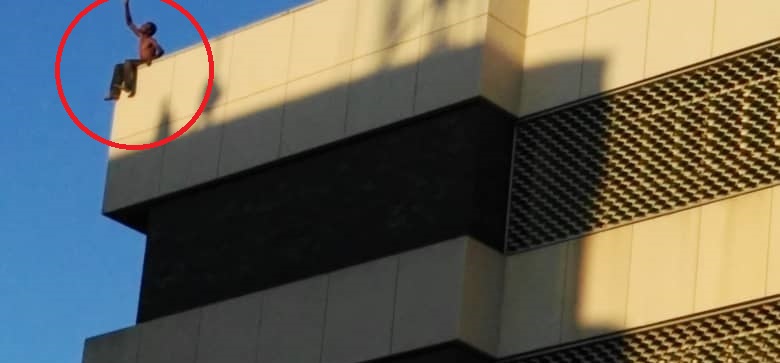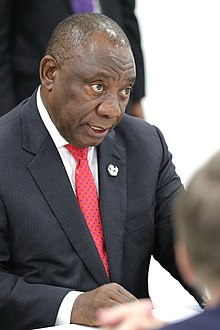ZwNews.com
Member of the Parliamentary Portfolio Committee on Media and Broadcasting Settlement Chikwanya has said the government is now committed to open the media space for pluralism and diversity.
Speaking at an Amnesty International stakeholders conference last week, Chikwinya said the government finally caved in to mounting pressure calling for the liberalisation of the airwaves.
As once also revealed by deputy minister of Media Information and Broadcasting Services Energy Mutodi, Chikwinya said the government has set aside a budget for the establishment of ten community radio stations before year-end.
But analysts say should that be achieved, it would compliment President Emmerson Mnangagwa’s mouth pieces across the country’s major regions, the same way the ZANU-PF did with regards to the print media.
During former president Robert Mugabe’s era, he made sure that every region had a newspaper, in the name of ‘community newspapers’ to sing him some praise hymns. The likes of the Nehanda Guardian in Mashonaland Central, Chaminuka in Mashonaland East, Indonsakusa in Matebeleland North, Telegraph in Mashonaland West, are some of such establishments. These purportedly community newspapers were placed under the armpit of NewZiana.
The proposed coming on board of the ‘so-called’ community radios is being seen as yet another ploy by the Mnangagwa administration to blindfold the citizens into believing that the government had opened the airwaves, when in actual fact it would have only increased its mouth pieces.
To convince the masses into believing Mnangagwa’s sincerity on opening the airwaves, Chikwinya said the government has succumbed to pressure and calls for media plurality and diversity, by setting aside a budget to open community radio stations.
But analysts rubbish the ploy, saying in the case of community radio stations, the government should only play enabling role, through policies, the only way that would guarantee editorial independence.
To date, Zimbabwe has around 20 independent community radio stations and all are not licensed as the Broadcasting Authority of Zimbabwe (BAZ) has not invited radio licenses applications for more than two decades now.
Political analyst Elder Mabhunu says that had the government been sincere, it should have started by calling for applications to independent players who have been waiting for decades to be given the the green light to operate.
“The government is not being truthful, the country is broke, how can it say they have set aside a budget for the establishment of community radio stations while there are about 20 independent players who have been waiting for more than twenty years to be given licences to operate?” He queried.
The sentiments by Chikwinya comes at a time the government has been under fire from various civic groups and media stakeholders calling for the opening up of media space in the country.
According to lawyer, who is also a journalist Chris Mhike, while community radio licensing remain elusive in Zimbabwe, broadcasting elsewhere has moved on, and gotten better.
Commenting during the Media Alliance of Zimbabwe, MISA Zimbabwe press briefing on media law reform process Mhike recently, bemoaned that 39 years after independence, Zimbabwe has only one television station.
In a related matter during the MISA-Zimbabwe’s World Press Freedom Day commemorations held belatedly in various places on 11 May 2019. Some calls were made for the transformation of the state broadcaster the Zimbabwe Broadcasting Corporation (ZBC) into a genuine public broadcasting service, designed to equitably serve the public in its diversity, financed and controlled by the public.
Over the years, the ZANU-PF government has been using the state media both print and broadcasting as its mouth piece. And during elections the ruling party enjoyed unlimited coverage, at the same time using it to tarnish the image of opposition parties at every opportunity.
To date, the government through the BAZ issued operating licenses to a few state-owned radio stations such as Diamond FM and Capitalk FM, as well as commercial radio stations such as ZiFM Stereo and Star Fm, owned by former minister Supa Mandiwanzira and the Zimpapers group respectively.














